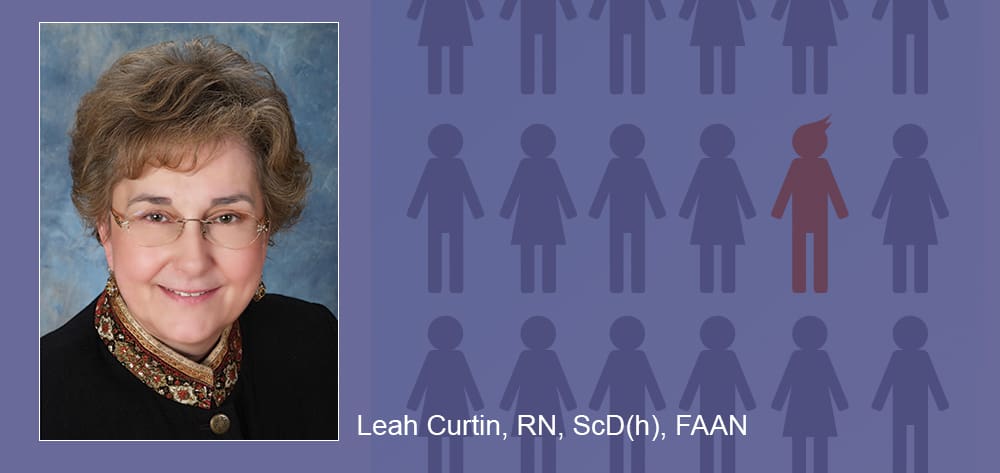You’ve probably heard of groupthink—the psychological phenomenon that arises in a group, where the desire for conformity or harmony leads to irrational or dysfunctional decision making. Everyone seems to think groupthink is terrible. But why do so many people think consensus is great? Presumably because consensus means we all actually agree, whereas groupthink means we all actually disagree but we “go along to get along.”
How does the group leader, or anyone else for that matter, know the difference? When it comes to explaining certain things, sometimes the oldies really are the goodies. In this instance, I’m referring to an article by management expert Jerry Harvey, which opens with this scenario: Mother, father, daughter, and son-in-law are sitting on the porch sipping iced lemonade on a blisteringly hot Sunday afternoon, playing dominoes and reveling in a breeze from the electric fan. The father says, “Let’s all go into Abilene and eat dinner in the cafeteria.” Abilene is more than 50 hot, dusty, unairconditioned miles away. No one wants to go, but each of them agrees. Four hours and more than 100 sweaty miles later, they return home. Everyone is miserable. The son-in-law (dishonestly) says, “It was a great trip, wasn’t it?” The mother says she would rather have stayed home, but went along because everyone else was so enthusiastic. The son-in-law responds, “I knew it would be a disaster. I only went to satisfy the rest of you.” The daughter says, “You’d have to be crazy to want to go out in the heat like that.” The father says he suggested the trip only because he thought the others might be bored at home.
In analyzing why the family ended up doing something no one wanted to do, Harvey formulates the famous Abilene paradox: “Organizations frequently take actions in contradiction to what they really want to do and therefore defeat the very purposes they are trying to achieve.”
The more often people privately disagree and publicly agree, the further an organization strays from its mission. The phenomenon is so pervasive that in a recent Fortune 500 review, four of every 10 companies a decade later were gone.
Not surprisingly, thousands of commentators have waxed eloquent about the inability to manage agreement. But I think the real problem is that disagreement isn’t tolerated. In groupthink, members of a highly cohesive group begin to think and act with one voice and stifle dissenting thoughts and opinions. In contrast, in the Abilene paradox, people agree to do something they don’t think will be effective. Why? Because they dare not voice a dissenting opinion. Why not? Because they fear they’ll be seen as negative. Why? Because we focus so much on consensus that we’ve forgotten there’s such a thing as healthy conflict.
Group agreement has become the norm. Positive or negative, norms evolve because people are rewarded or punished in certain ways. Most organizational leaders punish dissent, disagreement, or even an alternate opinion. If instead they learned to cherish differences of opinion respectfully and productively, their organizations might be able to avoid the Abilene paradox. If they’re willing to tolerate people who rock the boat, they also can avoid groupthink.
Leah Curtin, RN, ScD(h), FAAN
Executive Editor, Professional Outreach
American Nurse Today
Selected references
Elwin T. The cost of culture, a 50% turnover of the Fortune 500. June 6, 2015. tobyelwin.com/the-cost-of-culture-a-50turnover-of-the-fortune-500/
Harvey JB. The Abilene Paradox and Other Meditations on Management. Lexington, MA: Lexington Books; 1988.
Harvey JB. The Abilene paradox: The management of agreement.
Organ Dyn.1988;17(1):17-43. http://web.mit.edu/curhan/www/docs/Articles/15341_Readings/Group_Dynamics/Harvey_Abilene_Paradox.pdf


















